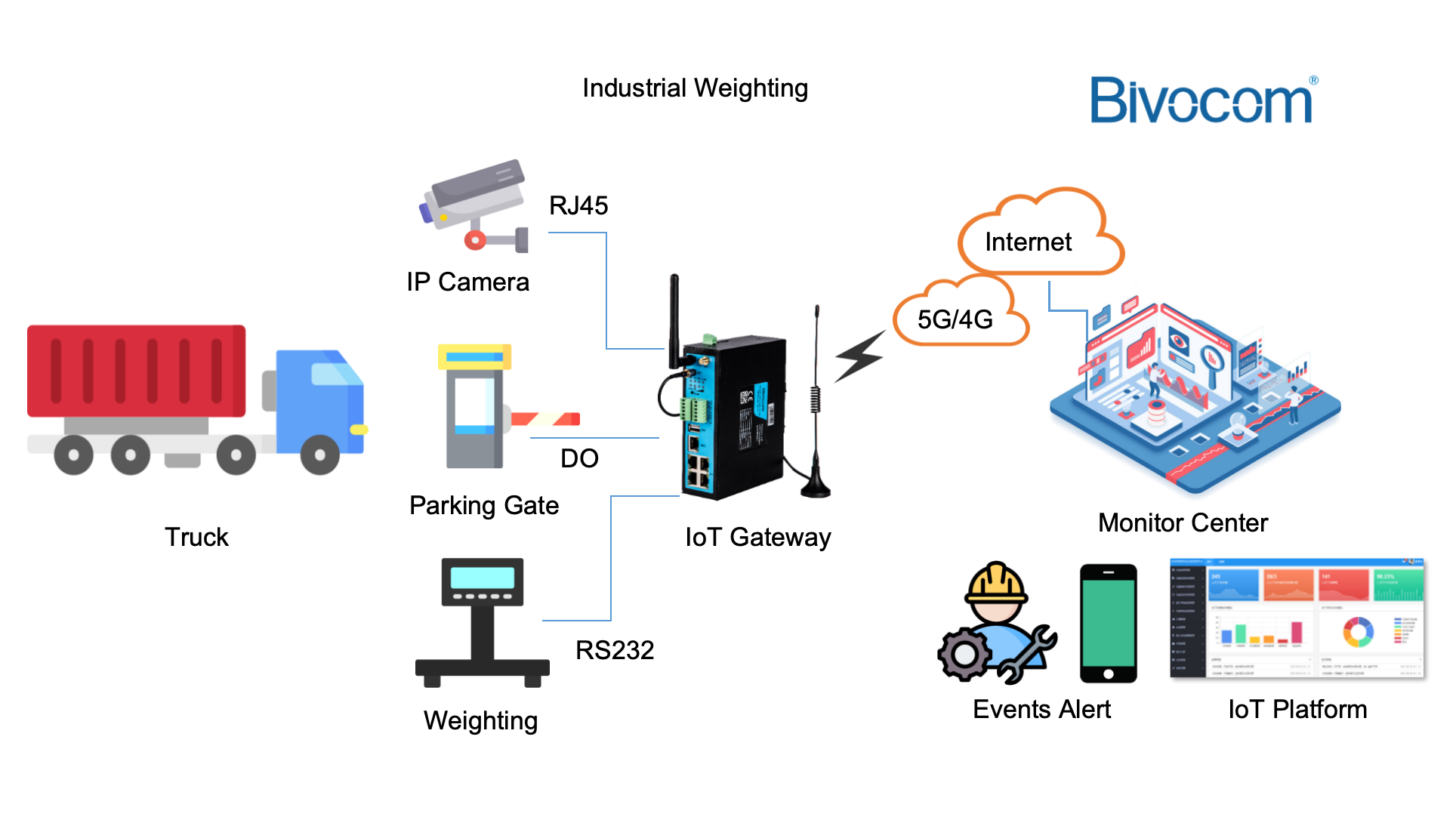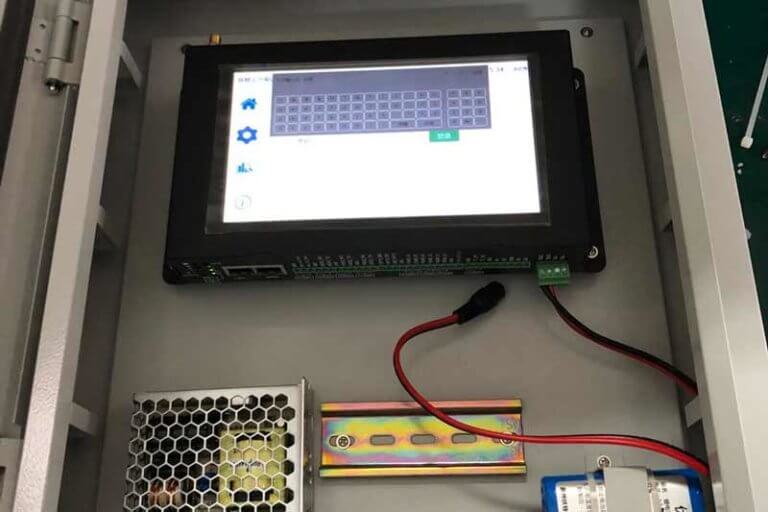IoT Gateway with AI Technology: Revolutionizing Connectivity and Intelligence
Introduction
The Internet of Things (IoT) has transformed how we interact with the world, enabling devices to communicate, share data, and make decisions autonomously. At the heart of this ecosystem lies the IoT gateway, a critical component that connects various devices to the cloud and enhances their functionality through Artificial Intelligence (AI). Together, IoT gateways and AI technology are reshaping industries, driving innovation, and fostering smarter environments.

What is an IoT Gateway?
An IoT gateway serves as a bridge between IoT devices and cloud services. It manages data traffic, protocols, and network connectivity, ensuring smooth communication between heterogeneous devices. Gateways can preprocess data locally, reducing latency and bandwidth usage before transmitting it to the cloud for further analysis.

The Role of AI in IoT Gateways
Integrating AI with IoT gateways adds a layer of intelligence that significantly enhances functionality:
1. Data Analysis:
AI algorithms can analyze vast amounts of data collected from IoT devices in real time. This enables more informed decisions, predictive maintenance, and anomaly detection.
With AI at the gateway level, devices can perform computations before sending data to the cloud, allowing for quicker responses and reduced demand on cloud resources.
3. Adaptive Protocol Management:
AI can dynamically adjust communication protocols based on current network conditions, optimizing performance and reliability.
4. Security Enhancements:
AI can identify unusual patterns or behaviors across devices, bolstering security measures by flagging potential threats in real time.
Benefits of AI-Enhanced IoT Gateways
1. Improved Efficiency:
By processing data locally, AI-equipped gateways reduce the volume of data sent to the cloud, leading to lower latency and increased efficiency.
2. Cost Reduction:
Fewer resources are required for data transmission and storage, reducing operational costs for businesses.
3. Enhanced User Experience:
Quick processing and real-time decision-making lead to a more responsive and seamless user experience.
4. Proactive Maintenance:
AI can predict equipment failures or malfunctions before they occur, minimizing downtime and maintenance costs.
Applications Across Industries
1. Smart Homes:
AI-enabled IoT gateways can optimize energy usage, manage security systems, and enhance convenience through predictive learning of user habits.
2. Industrial IoT:
In manufacturing, gateways equipped with AI can monitor machinery health, optimize supply chains, and improve safety standards.
3. Healthcare:
Remote patient monitoring systems leverage AI to analyze health data, alerting healthcare providers to anomalies in real time.
4. Smart Cities:
AI-powered gateways can manage traffic flow, optimize energy distribution, and enhance public safety through improved data analysis and response strategies.
Challenges and Considerations
While the integration of AI into IoT gateways offers numerous advantages, it also presents challenges:
1. Data Privacy:
Ensuring that sensitive data is managed securely and complies with regulations is paramount.
2. Integration Complexity:
Merging AI capabilities with existing gateway systems can be technically challenging and may require specialized skills.
3. Scalability:
As the number of connected devices increases, ensuring that AI algorithms can scale effectively without loss of performance is crucial.
Conclusion
AI technology is redefining the capabilities of IoT gateways, bringing unparalleled intelligence and efficiency to a connected world. As industries continue to adopt these technologies, the combination of IoT and AI will pave the way for innovative solutions, transforming our environments into smarter, more responsive ecosystems. 🌍✨
By investing in AI-enhanced IoT gateways, businesses can stay ahead of the curve, drive operational excellence, and improve user experiences in a rapidly evolving digital landscape.




Comment